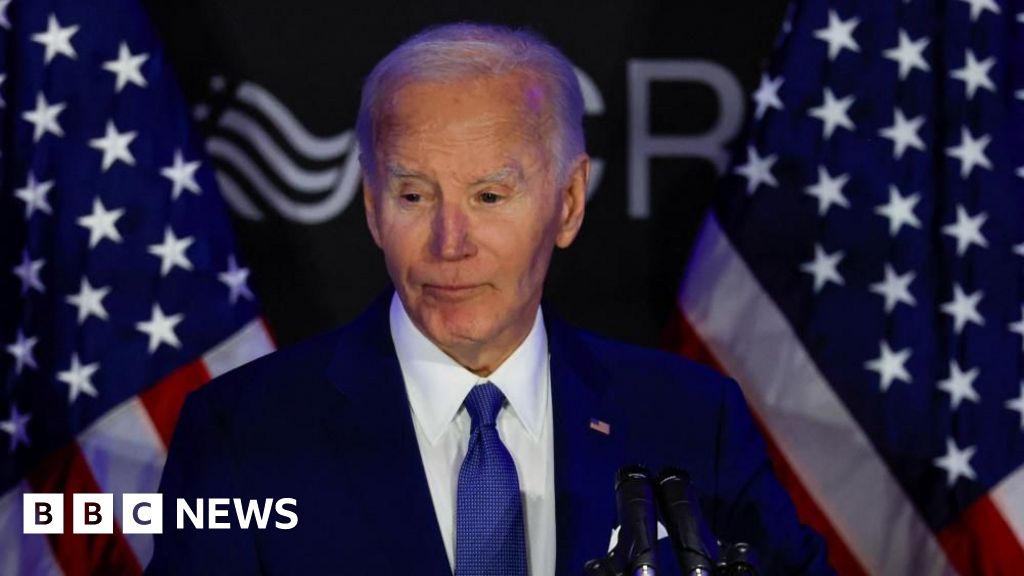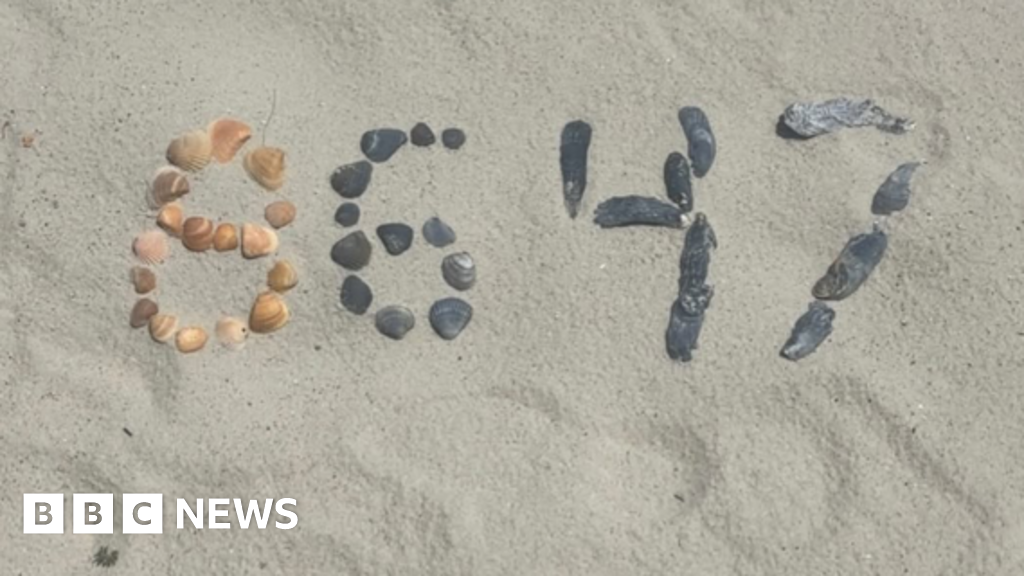ARTICLE AD BOX
A jury of 12 New Yorkers will soon deliberate over the legal fate of Daniel Penny, a former US Marine who is accused of putting a homeless man in a fatal chokehold for six minutes on a New York subway train.
Mr Penny, 26, has faced a month-long trial in a Manhattan courtroom after pleading not guilty to charges of second-degree manslaughter and negligent homicide.
Prosecutors have cast Mr Penny as reckless when he restrained the 30-year-old Jordan Neely, while Mr Penny’s attorneys say he stepped in to protect anxious subway riders.
Lawyers are set to finish closing arguments on Tuesday, with the judge set to instruct jurors and send them away to make a decision soon after.
The trial has reignited conversations about safety on public transportation in the largest US city and how the local government cares for its residents struggling with homelessness and mental health issues.
On Monday, Steven Raiser, Mr Penny’s attorney, asked jurors to put themselves in Mr Penny's shoes, saying that he and other subway passengers had “very little room” to move or run when Neely’s outburst began.
“Danny acted to save those people,” Mr Raiser said. "Who would you want on the next train ride with you?"
Assistant District Attorney Dafna Yoran, meanwhile, told jurors the defendant had used "way too much force for way too long, in way too reckless a manner".
“Our society cannot allow citizens, or the police, for that matter, to use deadly force based on what could be empty threats," she said in the beginning of her closing arguments on Monday.
Mr Penny could face up to 15 years behind bars if convicted of manslaughter.
The May 2023 incident quickly became a political flashpoint, with conservatives praising Mr Penny as a hero and critics, including civil rights activists, saying he acted as an unjustified vigilante when he killed Neely, who is black.
On 1 May, witnesses say that Neely - who lived with severe mental illnesses - began shouting at other subway passengers, asking for money and screaming that he was hungry and wanted to go back to jail.
Mr Penny’s lawyers say the Long Island native intervened out of fear Neely would hurt other passengers, pinning him down for several minutes as he lost consciousness.
Mr Penny’s month-long trial has featured a host of evidence, including bystander videos of the chokehold, 911 calls and police body camera footage, as well as testimony from witnesses and people from Mr Penny’s past.
Mr Penny declined to testify during the trial, but the 12 anonymous New York jurors heard from the police who responded to the incident and subway passengers who witnessed the events.
Their testimony was divided, with some saying they felt threatened by Neely’s erratic behaviour and others concerned over Mr Penny’s chokehold.
“I truly believed that I was going to die in that moment,” said Caedryn Schrunk, a witness on the New York F train that day.
Another man, Johnny Grima, said Mr Penny would not allow him to intervene when he asked to put Neely on his side rather than in a chokehold.
“I’m concerned about the man, because he’s not moving,” Mr Grima told the court.
During the trial, prosecutors with the Manhattan District Attorney’s Office did not dispute Mr Penny’s desire to protect other passengers. Ms Yoran said during opening statements that this motivation was “even laudable”.
“But under the law, deadly physical force such as a chokehold is permitted only when it is absolutely necessary, and only for as long as it is absolutely necessary,” she said. “The defendant went way too far.”
Prosecutors also argued that as a former Marine, Mr Penny should have been aware that the chokehold could kill Neely - and could have used less lethal methods to restrain him.
Mr Penny’s lawyers suggested other factors besides the chokehold could be responsible for Neely’s death, including a combination of his drug use, schizophrenia and sickle cell trait. They cited testimony from a forensic pathologist whom they called as an expert witness.
A medical examiner ruled that Neely died from neck compression, a finding she maintained during the trial.
Neely was a Michael Jackson impersonator who performed in Times Square and was known throughout the city from his performances.
He had dozens of previous arrests on charges such as evading fares, theft and assaults on three women.
Family members said his mental health issues began more than 15 years earlier, when his mother was strangled by her boyfriend.

 5 months ago
23
5 months ago
23








 English (US) ·
English (US) ·